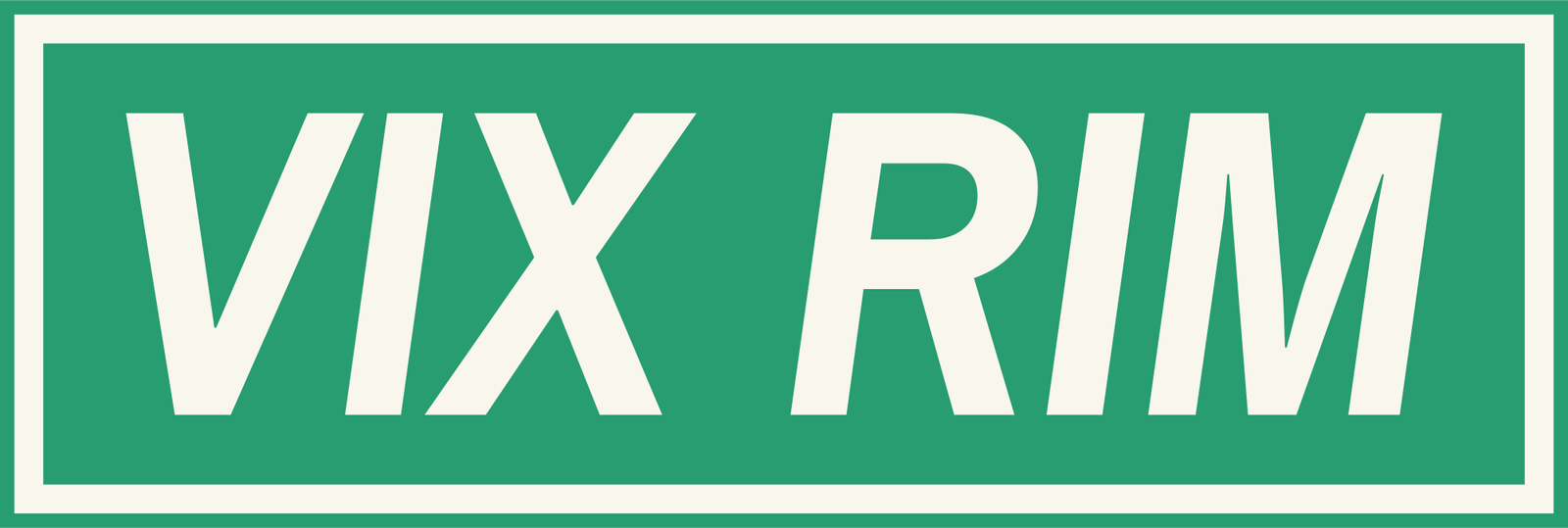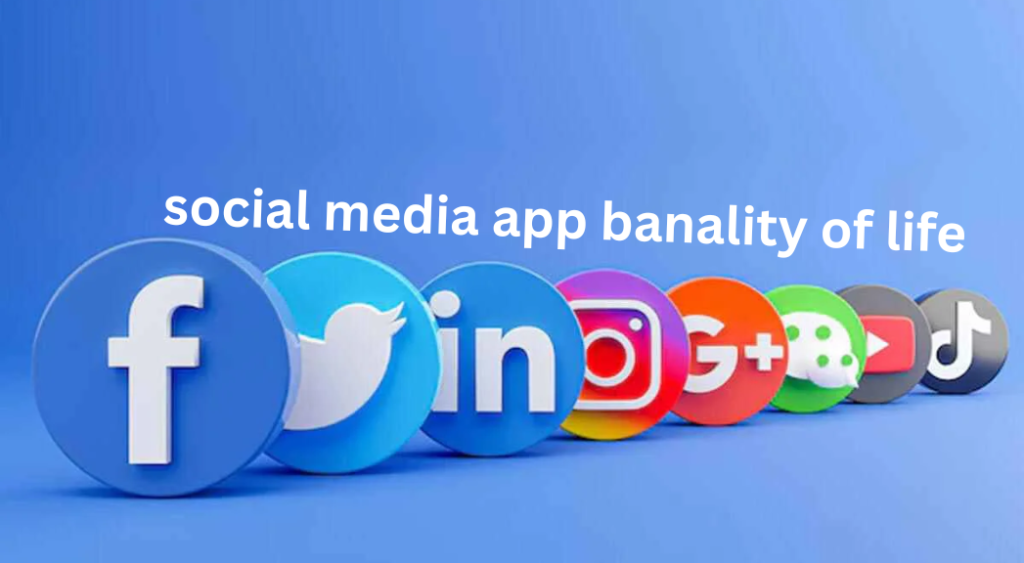Introduction to Social Media Apps
Social media apps have become ubiquitous in modern society, shaping how we communicate, interact, and perceive the world around us. From Facebook to Instagram, Twitter to TikTok, these platforms have transformed the way we connect with others and consume information. With the rise of smartphones and digital technology, social media has become an integral part of daily life for billions of people worldwide.
The Allure of Social Media
Social media platforms offer a myriad of features and functionalities that appeal to users of all ages. From instant messaging to photo sharing, live streaming to storytelling, these apps provide a diverse array of tools for self-expression and communication. Moreover, the constant stream of updates and notifications creates a sense of excitement and anticipation, keeping users engaged and coming back for more.
The Illusion of Connection
One of the primary draws of social media is the illusion of connection it provides. Through likes, comments, and shares, users can interact with friends, family, and even strangers from around the globe. However, these interactions often lack the depth and intimacy of face-to-face communication, leading to a sense of superficiality and disconnection in some cases. Despite this, many users continue to rely on social media as a means of staying connected with others.
Perception versus Reality
Social media has a profound impact on how we perceive ourselves and others. The curated nature of online content often presents a distorted view of reality, showcasing only the highlights of people’s lives while omitting the struggles and challenges they face. This can lead to feelings of inadequacy and insecurity among users who compare their own lives to the seemingly perfect images and experiences shared by others.
Escapism and Distraction
In an increasingly fast-paced world, social media offers a convenient means of escape from the pressures and stresses of everyday life. Whether scrolling through a news feed during a commute or watching funny videos before bed, these apps provide a welcome distraction from reality. However, this constant engagement can also detract from real-world responsibilities and obligations, leading to procrastination and decreased productivity.
Comparison and Envy
One of the darker aspects of social media is the culture of comparison and envy it fosters. Users often find themselves comparing their own lives to the carefully curated images and experiences shared by others, leading to feelings of envy, jealousy, and inadequacy. This phenomenon, known as “social comparison,” can have detrimental effects on mental health and self-esteem, contributing to anxiety, depression, and low self-worth.
The Rise of Influencer Culture
In recent years, social media influencers have emerged as powerful figures within the digital landscape. These individuals, often with large followings and influential platforms, wield considerable influence over consumer behavior and societal trends. From promoting products and services to shaping cultural norms and values, influencers play a significant role in shaping the online landscape.
Algorithmic Echo Chambers
Social media algorithms play a significant role in shaping the content users see on their feeds. By analyzing user data and engagement patterns, these algorithms tailor content to match users’ interests and preferences. While this can enhance the user experience in some ways, it also creates echo chambers, reinforcing existing beliefs and biases and limiting exposure to diverse perspectives and opinions.
FOMO: Fear of Missing Out
FOMO, or the fear of missing out, is a pervasive phenomenon in the age of social media. Users often feel pressured to stay connected and up-to-date with the latest trends and events, lest they miss out on important news or experiences. This fear of missing out can drive compulsive behavior and excessive social media use, leading to feelings of anxiety and insecurity.
The Pressure to Perform
On social media, there is often pressure to present an idealized version of oneself to the world. From posting flattering photos to crafting witty captions, users engage in a constant cycle of self-presentation and performance. This pressure to perform can lead to feelings of inauthenticity and self-doubt, as users strive to meet unrealistic standards of beauty, success, and happiness.
Addiction and Dependency
Social media addiction is a growing concern in today’s digital age. The constant availability of social media apps on smartphones and other devices makes it easy for users to become addicted to the dopamine rush that comes from likes, comments, and shares. This addiction can have serious consequences for mental health and well-being, leading to decreased productivity, social withdrawal, and even depression.
Privacy Concerns
Privacy has become an increasingly important issue in the era of social media. The widespread sharing of personal information on these platforms raises concerns about data privacy and security. From targeted advertising to data breaches, users face a myriad of risks when sharing information online, prompting calls for greater transparency and regulation of social media companies.
Cyberbullying and Online Harassment
One of the dark sides of social media is the prevalence of cyberbullying and online harassment. With the anonymity afforded by the internet, individuals may feel emboldened to engage in abusive behavior towards others. This can have devastating effects on victims, leading to anxiety, depression, and even suicide in some cases. Efforts to combat cyberbullying and promote digital well-being are ongoing but remain a significant challenge.
The Quest for Authenticity
In recent years, there has been a growing backlash against the culture of perfection and curation on social media. Users are increasingly seeking authenticity and transparency in the content they consume, gravitating towards accounts and influencers that offer genuine and relatable experiences. This shift towards authenticity reflects a broader cultural desire for honesty and vulnerability in online interactions.
Digital Detox and Mindfulness
As awareness of the negative effects of social media grows, many individuals are turning to digital detoxing and mindfulness practices to regain control over their online habits. From taking regular breaks from social media to practicing mindfulness techniques such as meditation and deep breathing, users are finding ways to strike a healthier balance between their digital and real-world lives.
Regulation and Accountability
In response to growing concerns about the impact of social media on mental health and well-being, there have been calls for greater regulation and accountability of social media companies. Governments and advocacy groups are pushing for stricter oversight of platforms to ensure the protection of user data, combat misinformation, and address harmful content such as hate speech and online harassment.
The Future of Social Media
As social media continues to evolve, it is likely to have an increasingly profound impact on society and culture. Advances in technology such as virtual reality and augmented reality are poised to transform the way we engage with social media, offering new possibilities for immersive and interactive experiences. However, as social media becomes ever more ingrained in our daily lives, it is essential to consider the ethical, social, and psychological implications of these changes.
Cultural and Societal Impacts
The influence of social media extends far beyond individual users, shaping cultural norms, values, and behaviors on a global scale. From political movements to consumer trends, social media has the power to shape public opinion and drive societal change. However, its influence is not always positive, as evidenced by the spread of misinformation, polarization, and online extremism. As we navigate the complexities of the digital age, it is essential to critically examine the role of social media in shaping our collective consciousness.
Balancing Online and Offline Life
Achieving a healthy balance between online and offline life is essential for overall well-being and fulfillment. While social media offers many benefits, including opportunities for connection and self-expression, it is essential to recognize its limitations and pitfalls. By cultivating meaningful offline relationships, engaging in activities that nourish the mind and body, and practicing mindfulness in our digital interactions, we can strive to lead more balanced and fulfilling lives.
Conclusion: Finding Meaning Beyond the Screen
In conclusion, social media apps have become an integral part of modern life, shaping how we connect, communicate, and perceive ourselves and others. While these platforms offer many benefits, including opportunities for connection and self-expression, they also come with significant challenges and drawbacks. From the pressure to perform to the rise of influencer culture, social media presents a myriad of issues that require careful consideration and reflection. As we navigate the complexities of the digital age, it is essential to approach social media mindfully, seeking to strike a healthy balance between online engagement and offline fulfillment. By cultivating meaningful connections, practicing authenticity, and prioritizing our well-being, we can reclaim control over our digital lives and find meaning beyond the screen.
I’ve provided a comprehensive article based on the outline, exploring various aspects of the banality of life on social media apps.
FAQs:
What are some of the reasons people are drawn to social media?
People are drawn to social media for various reasons, including the desire for connection, entertainment, information, and validation.
How does social media impact mental health?
Social media can impact mental health in both positive and negative ways. While it can provide support and connection, it can also contribute to feelings of inadequacy, loneliness, and anxiety, especially when users compare themselves to others.
What role do influencers play in shaping social media culture?
Influencers play a significant role in shaping social media culture by influencing trends, promoting products and lifestyles, and shaping societal norms and values.
Is there a way to use social media mindfully?
Yes, practicing mindfulness and setting boundaries around social media use can help individuals use these platforms more intentionally and reduce the negative effects on mental health and well-being.
How can we find balance between online and offline life?
Finding balance between online and offline life involves prioritizing real-world connections and activities, setting limits on social media use, and practicing self-care and mindfulness in our digital interactions.

